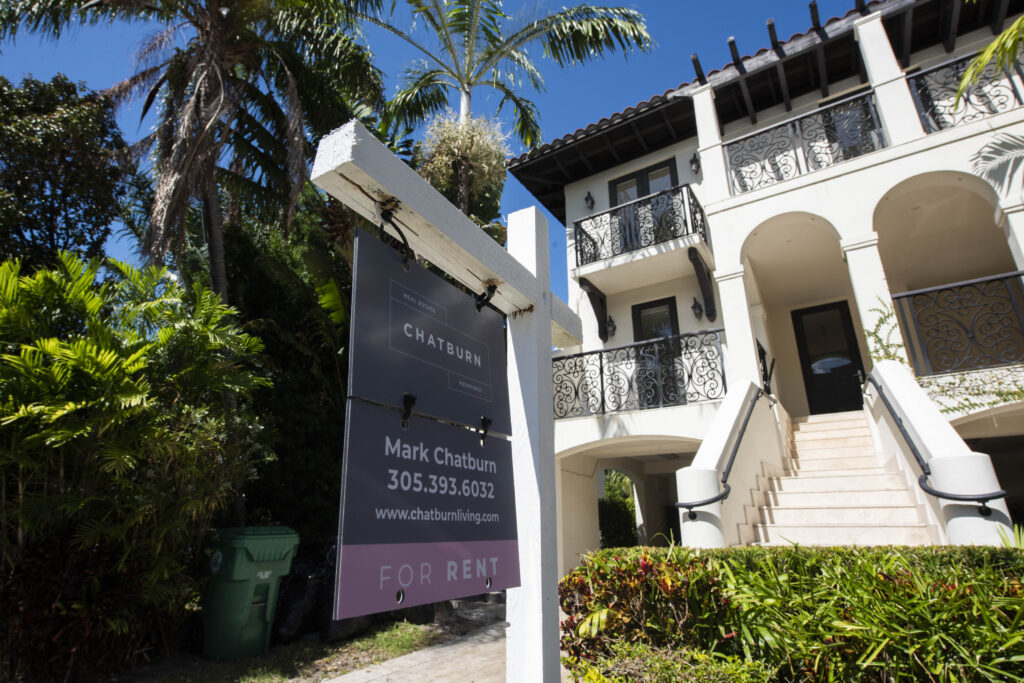
Are you a first-time homebuyer or looking to refinance your current mortgage in Miami? Finding the best lender for your home loan can be a challenging process. With so many options available, it’s essential to do your research to ensure you get the best possible deal. In this article, we’ll discuss how to find the best lenders for home loans in Miami.
Determine Your Budget
Before you start looking for lenders, it’s crucial to determine your budget. This means calculating how much you can afford to spend on a home and how much you’ll need to borrow. Consider factors such as your income, expenses, and other financial obligations. Knowing your budget will help you narrow down your options and find lenders that offer loans that fit your financial situation.
Research Lenders
Once you have a budget in mind, it’s time to start researching lenders. You can start by asking your real estate agent for recommendations from friends and family or by searching online for lenders in Miami. Look for lenders with positive reviews, competitive rates, and a good reputation. Make a list of potential lenders and narrow down your options by comparing their rates and terms.
Check their Reputation
It’s essential to check the reputation of any lender you’re considering. You can do this by checking with the Better Business Bureau or by researching online reviews. Look for lenders with a good reputation for customer service and a history of providing fair and transparent loans.
Look for Local Lenders
When searching for lenders in Miami, consider looking for local lenders. Local lenders are often more familiar with the local real estate market and may offer more personalized service. They may also be more willing to work with you if you have unique financial circumstances.
Get Pre-Approved
Getting pre-approved for a home loan can be beneficial in several ways. It can give you an idea of how much you can borrow, help you narrow down your options, and make you a more attractive buyer to sellers. When getting pre-approved, be sure to provide all the necessary documentation and information, such as your income, credit score, and employment history.
Compare Rates and Terms
Once you have a list of potential lenders and have been pre-approved, it’s time to start comparing rates and terms. Look for lenders that offer competitive rates, favorable terms, and low fees. Be sure to read the fine print carefully and ask any questions you may have before signing on the dotted line.
Consider the Type of Loan
When choosing a lender, consider the type of loan that best fits your needs. For example, if you’re a first-time homebuyer, you may be eligible for an FHA loan, which requires a lower down payment than a traditional loan. If you have a high credit score, you may be able to qualify for a conventional loan with more favorable terms.
Ask for References
Before making a final decision, consider asking your potential lender for references from other satisfied customers. This can give you an idea of what to expect from the lender and can help you feel more confident in your decision.
All in all, finding the best lender for your home loan in Miami can be a challenging process, but it’s essential to take the time to research and shop around to ensure you’re getting the best deal possible. Remember to check your credit score, compare rates and terms, and ask questions to make an informed decision.
At Chatburn Living, we understand the importance of finding the right lender for your home loan, and we’re here to help. Our team of experienced professionals is committed to providing personalized advice and guidance to home buyers in Miami. Whether you’re a first-time buyer or looking to refinance, we can help you navigate the process and find the best lender for your needs.
____
So why not reach out to us today? Contact Chatburn Living for any personalized advice on buying a home in Miami. We’ll work with you every step of the way to ensure that you find the perfect lender and get the home loan that’s right for you. Don’t wait – let’s make your dream of owning a home in Miami a reality!











